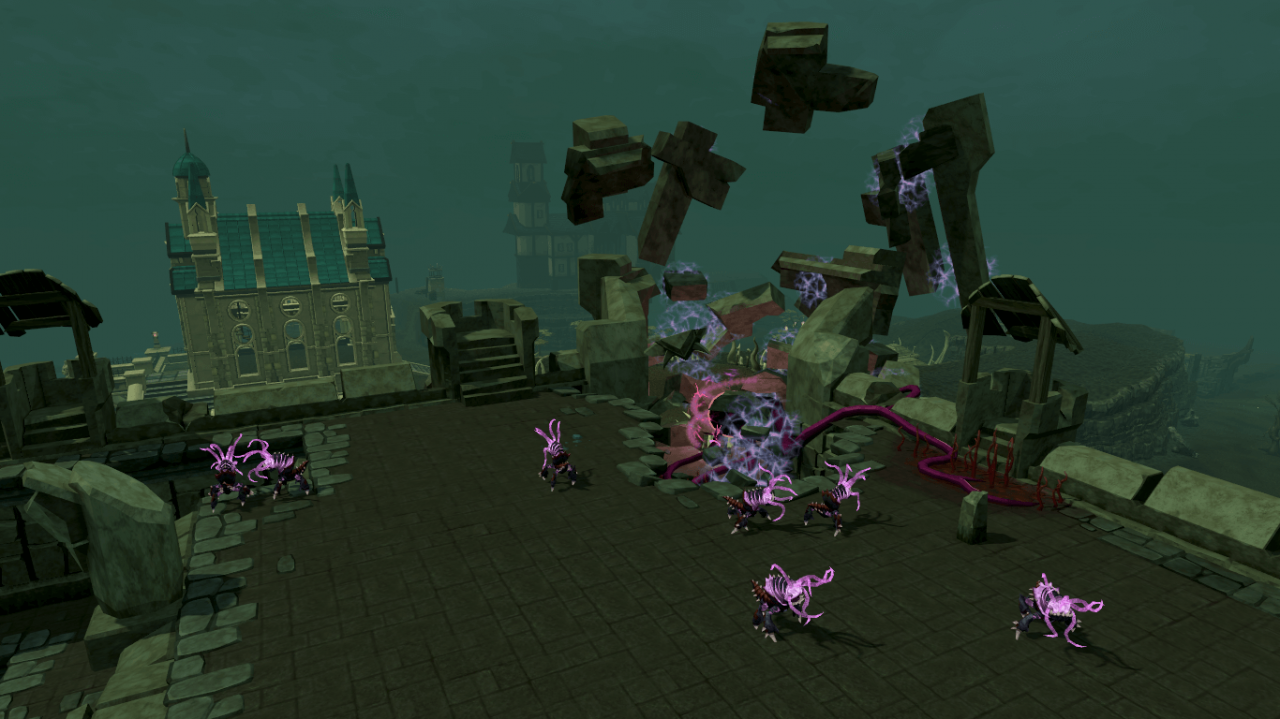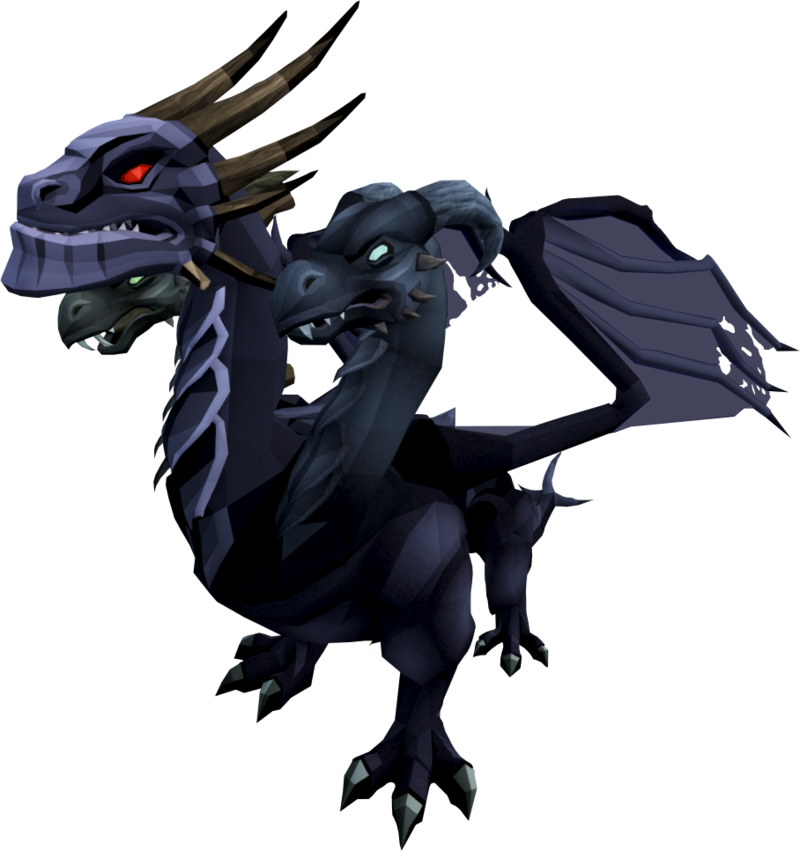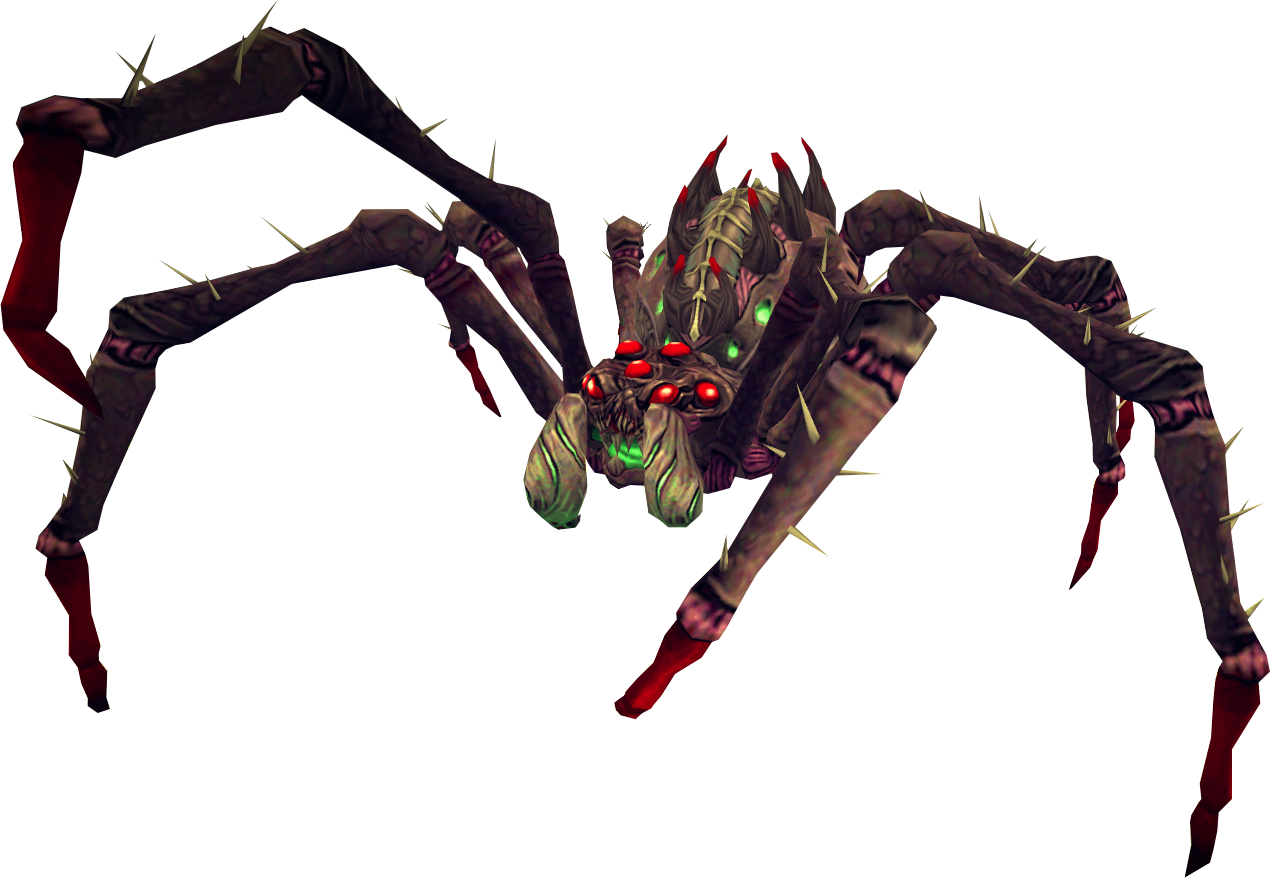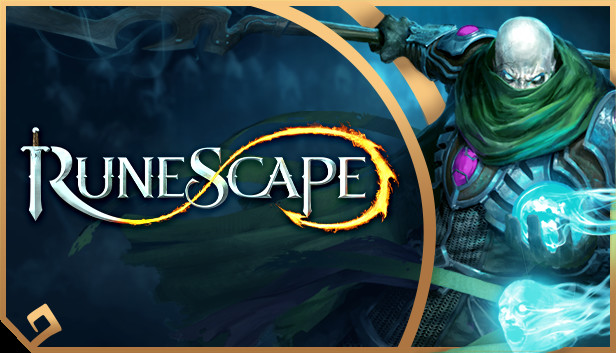RuneScape is a massive game, and combat is a key part of it. Read our guide to learn more about how combat works, and how you should progress through the game to fight more difficult monsters.
Introduction

This guide provides a path to progress through your PvM career in RuneScape. It assumes you already know the basics of equipping armour and weapons, and using your interface.
Getting started with PvM might seem like a scary concept, however it doesn’t have to be. With this tutorial guide, PvM foundations will be built that can be further expanded on through practice and further research.
Training Slayer[runescape.wiki] is perhaps a good way to start learning the basics of fighting monsters. There are plenty of slayer tasks available that will make you use all three combat styles, along with some special interactions. It’s also a nice way to get money to upgrade your gear as you level. Turael[runescape.wiki], found by the Burthorpe[runescape.wiki] lodestone, will get you started on your journey through this skill.
Once your stats get higher, maybe 60-70s, you can start moving on to bossing. These levels will cover a wide range of new gear and allow you to give some early-game bosses a proper go, which in turn will prepare you for higher level bosses. In order to get to base 70 stats, Slayer is a good way to go. This gives you some early money as well as training the skill. Once base 70s have been hit, the next thing you’ll want is a decent set of power gear[runescape.wiki].
As for armours, the God Wars Dungeon 1[runescape.wiki] sets are a good option for a long time, even for higher level slayer, due to them being cheap, augmentable and having good offensive bonuses. These are Subjugation[runescape.wiki], Armadyl[runescape.wiki] and Bandos[runescape.wiki], for magic, ranged and melee, respectively.
Regarding weaponry, you can opt for crystal weaponry[runescape.wiki], requiring the Plague’s End[runescape.wiki] quest, or the Barrows weapon[runescape.wiki] variant for each style, these can be found on the wiki. Once you get your combat levels to 80, you can buy the Chaotic weapons[runescape.wiki] from the Dungeoneering store[runescape.wiki]. These are great options as they’re easy to repair, do nice damage and will probably be your best weapons until you get enough money to upgrade to level 90 ones, these being much more expensive than the previous.
As you level up, upgrade your gear slots accordingly. A great spot to end up at is owning a full set of Nex armour[runescape.wiki] and noxious weaponry[runescape.wiki]. This will allow you to fight pretty much all bosses without many issues.

When learning PvM it’s a good idea to set your combat mode to Revolution[runescape.wiki]. While there are benefits to using full manual, it’s a lot harder to learn boss mechanics when you’re too busy concentrating on clicking keys and for this reason alone, so sticking with revolution until you’re confident with the boss/es you’ve been killing is fine. A good set of action bars can be found here[runescape.wiki]. Copy abilities accordingly depending on your level and abilities unlocked.
Bosses

To begin bossing, the King Black Dragon[runescape.wiki] is a great place to start. It’s an extremely simple boss that can be fought by much lower levels than other bosses and is also one of the few bosses free-to-play have access to. All that’s necessary is the proper antifire protection[runescape.wiki] and gear tiered above level 60. Any style can be used effectively and therefore you should use the best style you have available.
Once small gear upgrades have been obtained and decent action bars have been set up, you can move on from the King Black Dragon. God Wars Dungeon 1 is a great place to visit next. The original four bosses there have the ability to hit hard at lower levels, however it will teach you to get used to your abilities all whilst making money. These bosses don’t have proper mechanics as they are very introductory. However, if attempting the hardmode versions of said bosses, they will increase their health, damage and introduce basic mechanics.
If you’re wanting to expand your horizons, you can try out God Wars Dungeon 2[runescape.wiki]. This dungeon follows a similar idea to the first, but with higher levelled bosses that have actual mechanics. They’re a great way to start learning basic mechanics such as using a shield to use Resonance to heal a hit from Helwyr[runescape.wiki], dodging the Twin Furies[runescape.wiki] charge attack, proper player positioning at Gregorovic[runescape.wiki] and swapping prayers mid-fight at Vindicta[runescape.wiki]. These mechanics are very easily mastered, but make a great introduction into the wider world of PvM. These bosses should be done preferably with tier 80 stats. Tier 70 weapons and armour will still do a decent job here.
Moving past God Wars Dungeon 2, there are many paths a player can go. There are bosses that are done solo, such as Araxxor[runescape.wiki] and Telos[runescape.wiki], and group bossing – which can include anything from the three Elite Dungeons[runescape.wiki] to killing, arguably, the hardest boss in the game, Solak[runescape.wiki].
As previously mentioned, Elite Dungeons are a great place to go from here. Elite Dungeons are a raid-like experience which can be completed with up to 3 players. There are three different Elite Dungeons and each follow a similar layout. They each have three floors which must be run through in order to get to a boss. Once the last boss has been defeated, the dungeon ends and can be restarted. Elite Dungeons are a great way to find similar minded people who you might want to continue PvMing with in the future.

Before getting into the real nitty gritty bosses such as Telos and Solak, you could give Araxxor a try. Araxxor is technically a duo boss, however it is much easier and quicker to learn solo. Mastering Araxxor will give you the skills and knowledge necessary to really start endgame bossing. The fight features many different mechanics while also keeping the player on their toes in terms of abilities used. Araxxor can still be done with tier 70 armour and tier 80 weapons, however grabbing a tier 80 armour set would be a great help.
In order to tackle the final stage of bosses, it’s important to have a good understanding of a few things:
- Defensive abilities[runescape.wiki] are just as important as offensive ones. A large majority of defensive abilities are used at endgame bosses and therefore should be learnt properly. By this point you should also have a very good understanding of how your offensive abilities work and you might even have purchased extra ones.
- Different types of gear and all their unique abilities are also very important. Knowing what armour to bring and which weapons to use will make life at bosses easier. Switching equipment is also very common-place as not all equipment is necessary throughout an entire fight. For example, using the ring of vigour[runescape.wiki] only when casting an ultimate ability.
- Lastly, having the Invention[runescape.wiki] skill unlocked is important as it allows for a lot of extra and utility to be added to your augmented equipment.
Useful items
In bossing, there’s a lot of items that fulfil a niche role, however there are also items that are useful almost anywhere. For example:
Enhanced excalibur[runescape.wiki] – An upgraded reward from completing the elite Seers’ Village task set. When activated, it will slowly heal the player for a couple of seconds. It has a five minute cooldown, however it can be very useful when running low on food or just attempting to sustain for a long time.
Ancient elven ritual shard[runescape.wiki] – A crystal that restores your prayer points overtime, with a five minute cooldown. It is a rather expensive item but it has a plethora of uses from pvm to skilling.
Cinderbane gloves[runescape.wiki] – These gloves are expensive but they can be used practically everywhere, having t85 stats. They also apply poison effects on your attacks, to monsters that are vulnerable to such.
Overloads[runescape.wiki] – A potion that grants the user boosted stats for the next five minutes. Overloads make a huge difference to your damage outfit and should be aimed at early on.
Curses[runescape.wiki] – The curse prayer book boasts a wide variety of prayers such as soulsplit that are useful everywhere. Curses are great for a higher damage output or simply sustainability. Unlocking these may be the start of your endgame unlocks. You can do so by completing the “Temple at Senntisten” quest.
Shields[runescape.wiki] – Shields are used during combat to allow some defensive ability usage. A shield is necessary for a lot of defensive abilities that can only be cast while wearing said shield.
Grouping
Many bosses in RuneScape can be completed in a group, however finding people to go with might not be the easiest idea. The best way to go about finding like-minded people is to join a clan chat[runescape.wiki] that is focused around PvMing. A lot of clan chats will happily take learners to slightly more experienced bosses. In order to find appropriate clans, the official RuneScape forums[secure.runescape.com] host a wide variety of clan threads where you can apply to. An in-game feature[runescape.wiki] also exists for finding groups, but it can take a long time to queue up and find enough people.
Conclusion
That’s all we are sharing today in RuneScape PvM Introduction Guide, if there are anything you want to add please feel free to leave a comment below and we’ll see you soon.
Credit to RuneScape Wiki, Gaz , Jayden, Turtle Loins and starieena
Related Posts:
- RuneScape Boss List, Weapons and Armour Guide
- RuneScape Handy Tips and Tricks Guide
- RuneScape Money Making Guide
- RuneScape Guide for New Player
- RuneScape F2P: Best in Slot Guide
